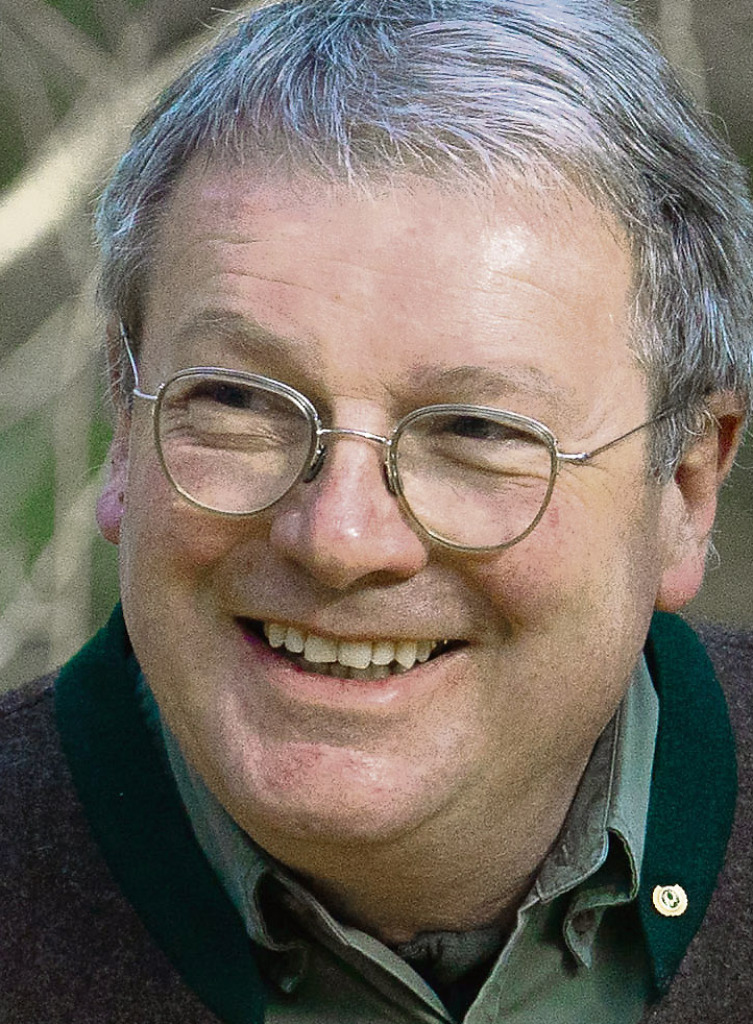The opposition in the state parliament wants to clear up the amigo swamp.
. Could it be the next Bavarian amigo case? The CSU state parliament member Ernst Weidenbusch received a total of 430,000 euros in 2016 and 2018 for his work as a lawyer – from the Free State of Bavaria. Namely for the fact that he handled two billion legacies of the CSU policy on his behalf. The Amigo affairs in Bavaria are now so numerous that the opposition wants to set up a parliamentary committee of inquiry.
In Ernst Weidenbusch’s case, on the one hand, it was about the Austrian bankrupt bank Hypo Alpe Adria, which was still bought by Prime Minister Edmund Stoiber. On the other hand, there was Landesbank Bayern LB, which was in dire straits because of a Formula 1 business – and in the course of which had to sell more than 30,000 state-owned apartments on the market. The FDP MP Matthias Fischbach, who had inquired piercingly, said: “The lack of transparency stinks tremendously.” For his part, Weidenbusch rejects the accusation of enrichment: The budget committee of the state parliament was informed of its commitment and has expressly agreed. He also quantified the fees and stated that he took financial risks himself at work.
Each case is different. But there are some who have come together over the past few months. So many that the state opposition from the Greens, SPD and FDP wants to set up a parliamentary committee of inquiry. Any additional or main merits of MPs beyond their diets from the last ten years are to be processed there. The SPD in particular is going on the offensive with its party and parliamentary group leader, Florian von Brunn, who was newly elected this year. Unlike his predecessors, he is very offensive, even aggressive. He accuses Weidenbusch: “He was part of Bayern LB’s bread and butter.” The “Special Coalition” made up of the CSU and Freie Vhlern (FW) apparently have “no interest in clarification”.
In March of this year the affair began. The Munich Public Prosecutor’s Office started its investigation against two MPs on suspicion of corruption in multi-million dollar mask deals between companies and various federal and state ministries. Since then, investigations have been carried out against the CSU MP Alfred Sauter, who comes from the Bavarian-Swabian Gnzburg – he sits in the state parliament – and Georg Nlein, who has a mandate in the Bundestag. The two are also related to each other on business. Sauter is a lawyer, he runs a profitable law firm together with the well-known ex-CSU politician Peter Gauweiler. Due to massive pressure from the party, Sauter gave up various posts and let his mandate rest. Nlein in turn offers advisory services. He left the CSU, but will keep his mandate in Berlin until the federal election.
Sauter and Nlein are said to have performed services for the Hessian mask seller Lomotex. Orders were placed for three federal and state ministries. Both are said to have received 1.2 million euros each from the company – Nlein only received 660,000 by the time it was blown. Federal Health Minister Jens Spahn (CSU) uttered serious allegations against Nlein in June: He assumed, Spahn is said to have told investigators, that Nlein was involved as a member of parliament and did not receive any additional money.
Information about other questionable mask sales was also made public. For example, the CSU MEP Monika Hohlmeier stood up for her friend Andrea Tandler in a mask shop. Hohlmeier is the daughter of the former Prime Minister Franz Josef Strau, Tandler of ex-CSU politician Gerold Tandler. Hohlmeier has not received any money, Andrea Tandler, according to reports, a double-digit million euro sum. The masks were sold by two young Swiss entrepreneurs with their company “EMIX Trading”. However, the investigation has recently been discontinued by the public prosecutor’s office. As a result of the affairs, the CSU parliamentary group has spoken out in favor of significantly stricter rules for secondary income. The committee of inquiry is scheduled to start work in early 2022. The opposition has already presented a 16-page catalog of questions – about all kinds of contracts, commissions, and brokerage. The Ministry of Health, led by the CSU politician Klaus Holetschek, wants to answer all questions, according to a spokesman. However, the committee considers it “not necessary”.
–


